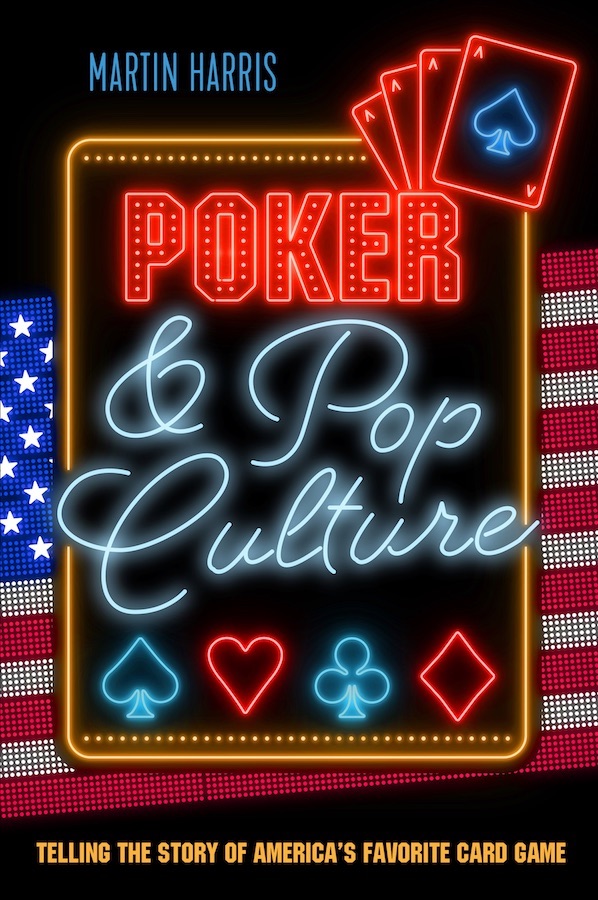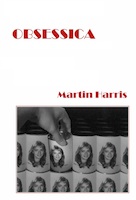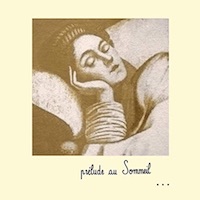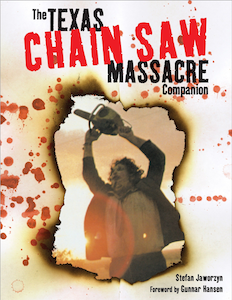Perusing Poker’s Precursors
A couple of prompts caused me to go down this road. One has to do with a larger project I’ve begun -- one dovetailing on my “Poker in American Film and Culture” course -- that’s requiring me to do such research. The other came during a conversation from last month while at European Poker Tour Dublin with Howard Swains and Stephen Bartley regarding an idea they once had for the EPT.
Those who follow the EPT know they’ve been pretty open to adding all sorts of out-of-the-ordinary events to the festival schedules, especially since they began expanding those schedules in recent years. You know, events like those “Deuces Wild” or “Win the Button” tourneys and the like. At EPT Dublin they had both of those, plus a “Chess and NL” event, a “Quadruple Stud” (involving four different stud variants), a 5-Card PLO tourney, and other non-NLHE offerings.
Anyhow, the idea involved each EPT stop also featuring an event in which players would play one of these “precursor” games that had originated in the host country.
For example, at EPT Barcelona they could have a mus event, the 18th-century vying game that first turns up in the Basque country up in the northern part of Spain. At EPT Deauville (when the tour still went there) they could have a poque event, the French game often regarded as a direct antecedent to poker. At EPT Berlin they could play poch, at EPT Sanremo there could be a primiera event, EPT London could feature a brag tournament, and so on.
I thought it was a very cool idea, although the more I think about it the more I start to realize some the challenges that would cause it to be difficult to pull off. In some cases I assume local regulations might make it hard to introduce a game that otherwise wasn’t already played (and allowed). It also might be difficult simply to get players to play such events, or to find the appropriate buy-in level that would attract more than just a small handful of curiosity seekers.
Looking more closely at the rules for some of these games makes me realize another significant obstacle to such an idea. At least a couple of the games are so friggin’ complicated it would probably be too arduous for most to figure out how to play them, let alone for the EPT staff to figure out how to deal them and build tournaments around them.
Just for fun (and since I’ve involved myself in this stuff already), I’m going to use the next several posts to discuss some of these games one at a time. I’ll start tomorrow with the Spanish game of mus, for no other reason than that’s the one that seems the most complicated to me at first glance.
Image: “The Cheat with the Ace of Diamonds” (1635), Georges de la Tour, public domain.
Labels: *the rumble, brag, EPT Dublin, European Poker Tour, Howard Swains, mus, poch, Poker in American Film and Culture, poque, primiera, Stephen Bartley














1 Comments:
Thank you for this wonderful series on the games preceding poker.
Post a Comment
<< Home